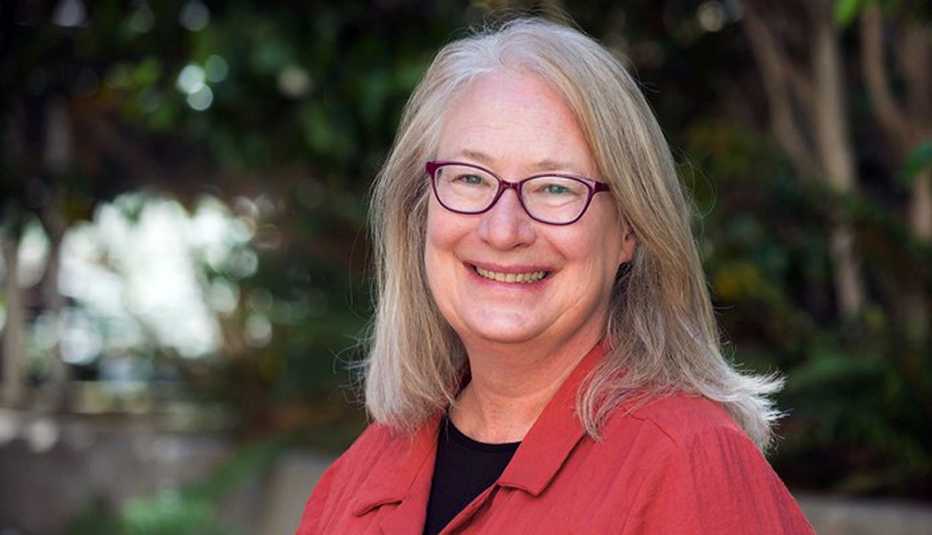AARP Hearing Center


AARP's Music and Memory project explores the extraordinary role music plays in our lives and on our health. As part of the series, AARP spoke with Julene Johnson, a cognitive neuroscientist at the Institute for Health & Aging at the University of California, San Francisco, to discuss music's role in the health of our brains.
How did you get involved in researching the impact of music on brain health?
I studied performance and music therapy in college. But I shifted to researching cognitive neuroscience and aging after observing an older woman with dementia who suddenly started playing piano in an adult day center. Everyone in the room came to life and started moving, tapping their feet and dancing. I was struck by how impactful something as simple as someone playing a tune had on the whole room. That inspired me to better understand what it is about music that affects us.
What are some of the overlooked benefits that involvement with music can bring?
We want people to be functional, safe and get a good night’s sleep; to have meaningful things to do during the day. People don’t think about music helping with these activities or with sleep. But it does. Dancing with music will improve physical function. That’s a link people don’t make. And our research shows singing in a choir eases loneliness and improves self-esteem. If you’re a caregiver, music is something you should think about as part of your care plan.
You’re a leader in the Sound Health Network. What is that?
There is all of this potential for music to help improve lives. The network is getting that information out to the public. We’re part of a collaboration with the the National Endowment for the Arts, National Institutes of Health, the Kennedy Center and opera star Renée Fleming to do more research.





































































More on Health
Celebrating What's Right With Aging: Inside the Minds of Super Agers
Scientists are beginning to understand what makes people in their 80s and 90s different
5 Ways Walking Can Boost Your Brain Health
Research suggests you should lace up your shoes and hit the road
Regular Internet Use May Be Good for the Brain
A new study suggests link between dementia and internet use
Recommended for You